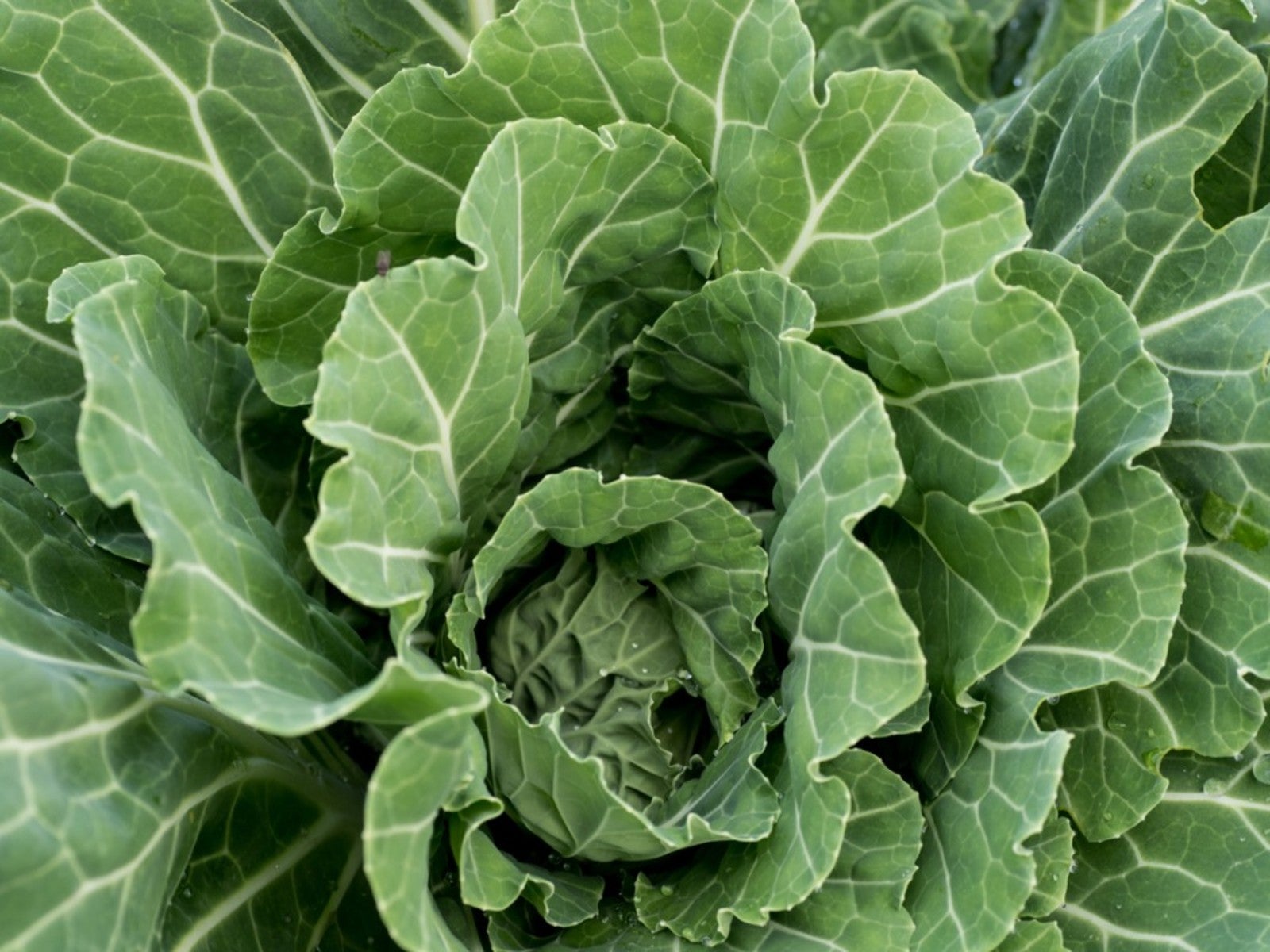Is Colewort A Vegetable - Growing Colewort Plants In The Garden


Sign up for the Gardening Know How newsletter today and receive a free copy of our e-book "How to Grow Delicious Tomatoes".
You are now subscribed
Your newsletter sign-up was successful
Vegetables in the Brassica family have been important staples for almost every national cuisine. Colewort plants are unique in that they are a medieval version of cabbage. What is colewort? This ancestor of our modern varieties of cabbage is not commonly grown today but has experienced a small resurgence due to heirloom variety's popularity.
What is Colewort?
Colewort is an easy to grow plant. Is colewort a vegetable? Definitely, and if you want something unusual for your veggie crisper, try growing colewort. It is a relative of cabbage with a similar flavor that grows well into the winter season.
Colewort plants prefer cool temperatures and will bolt in summer. They produce airy white flowers, almost reminiscent of baby's breath but with a cabbage like scent. It grows as a loose bunch of broad, sculpted leaves on stout stems. The plant is quite ornamental, and its fluffy mass of blooms is appealing. Colewort can grow up to 8 feet (about 2 1/2 m.) tall and half that in width. It is an eccentric and attractive plant in the perennial or vegetable garden.
Colewort Vegetable Uses
You can use colewort in any dish you would use cabbage or kale. It is tasty raw when added to salads or as a side dish. Sauté it with herbs and garlic, add it to stir fry, or chop into soups and stews. The leaves are the most tender when young. The stems can be tough but can be eaten if cooked. In medieval times the vegetable was used in pottage, a sort of stew made with greens and some sort of grain.
Growing Colewort
Colewort needs rich, well-draining soil in full sun to partial shade. It will survive winters in USDA zone 6 and above. Plant in spring or fall by seed or start indoors in flats four weeks before the last expected frost. Thin plants to three feet (91 cm.) apart. Colewort needs consistently moist soil but never boggy. Plants may need staking especially in shadier locations. Caterpillars may damage the foliage but otherwise there are no serious pest or disease issues.
Sign up for the Gardening Know How newsletter today and receive a free copy of our e-book "How to Grow Delicious Tomatoes".

Bonnie Grant is a professional landscaper with a Certification in Urban Gardening. She has been gardening and writing for 15 years. A former professional chef, she has a passion for edible landscaping.